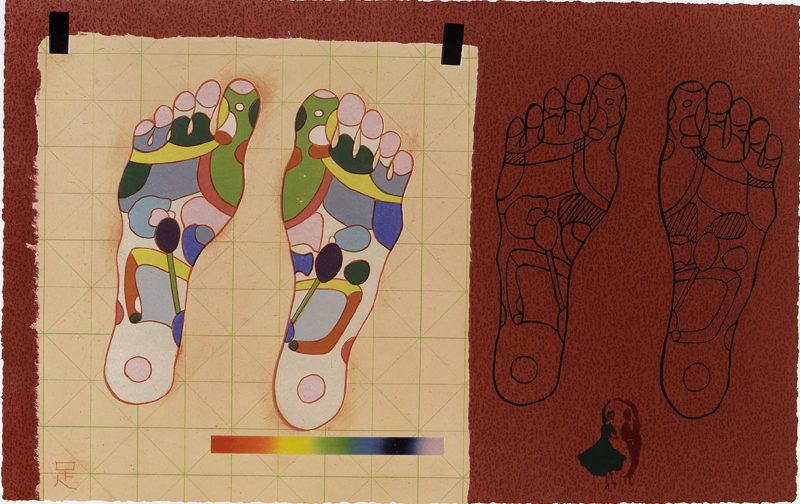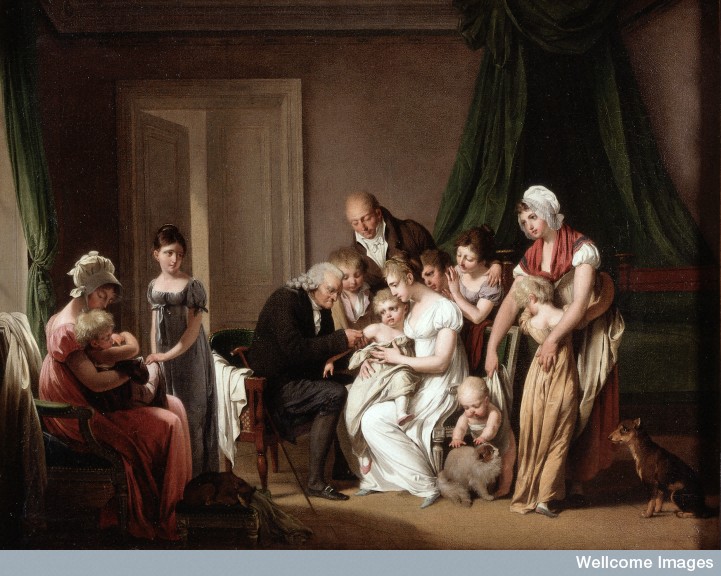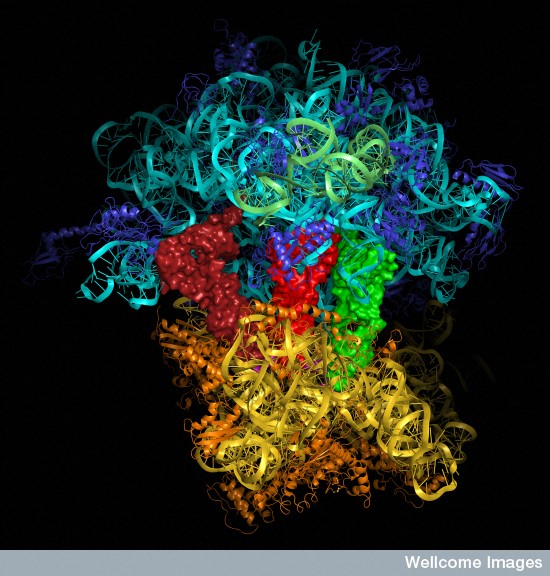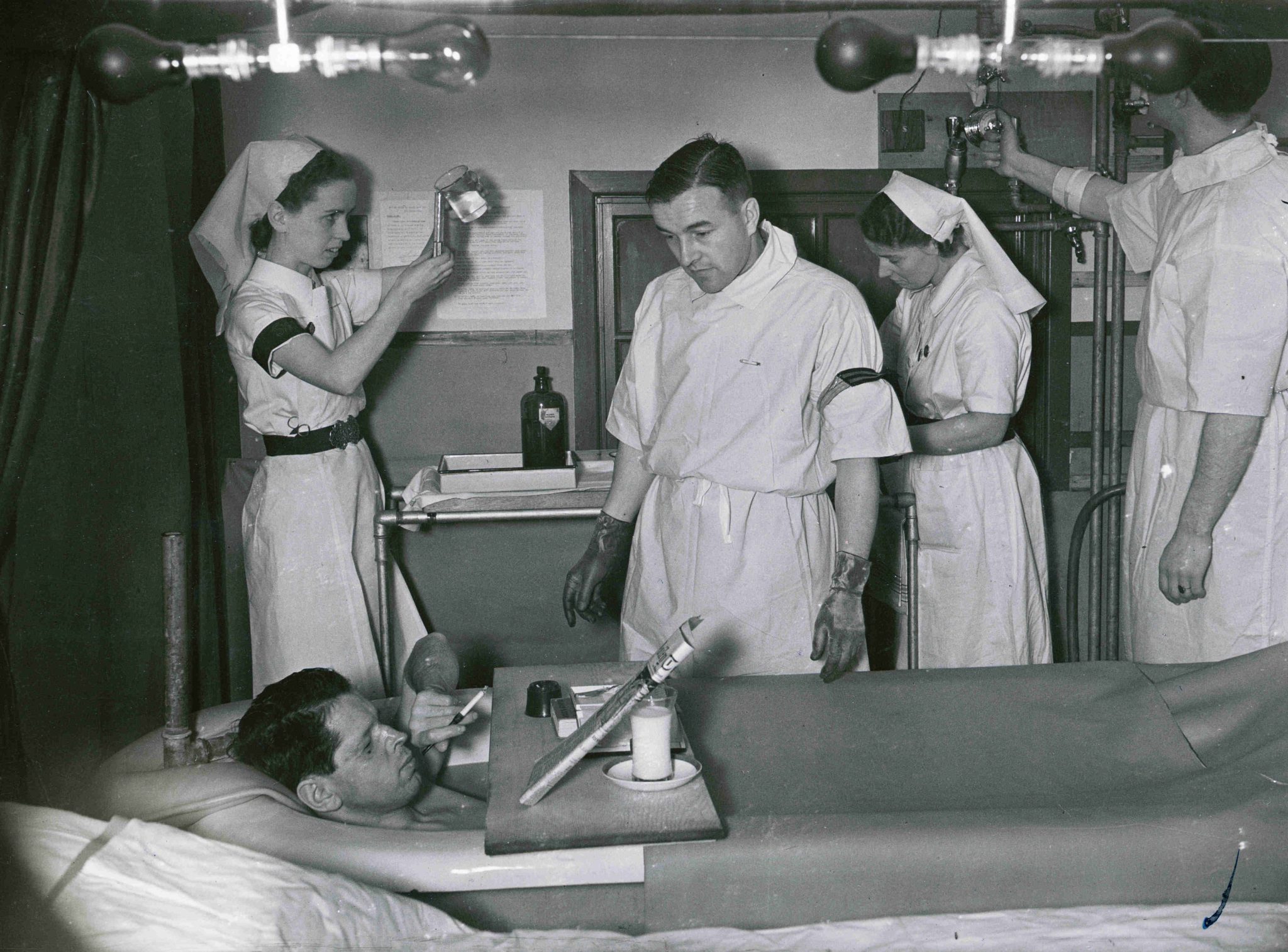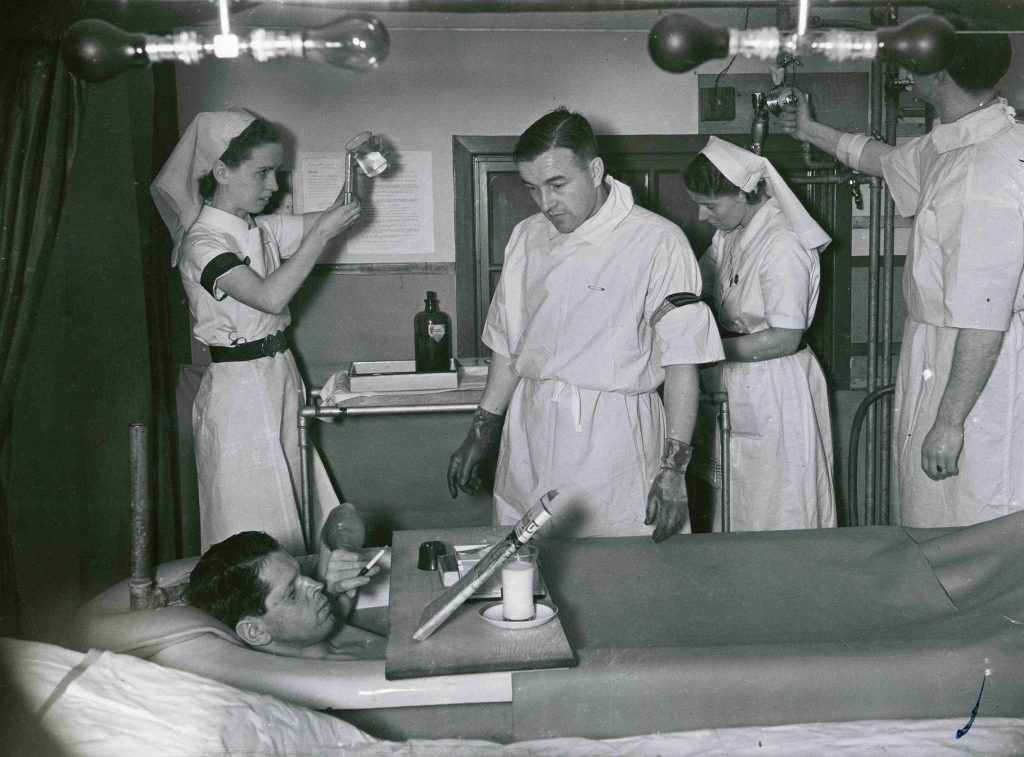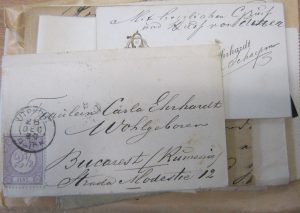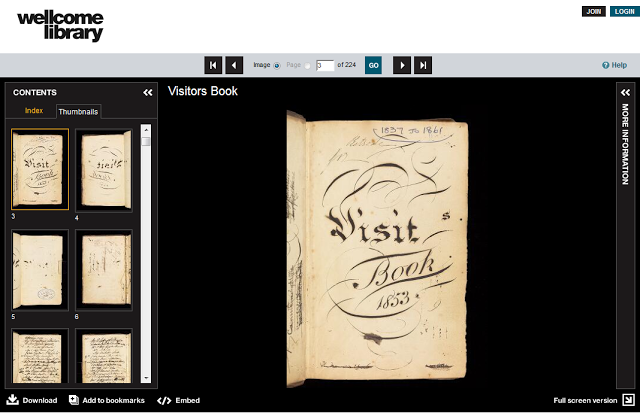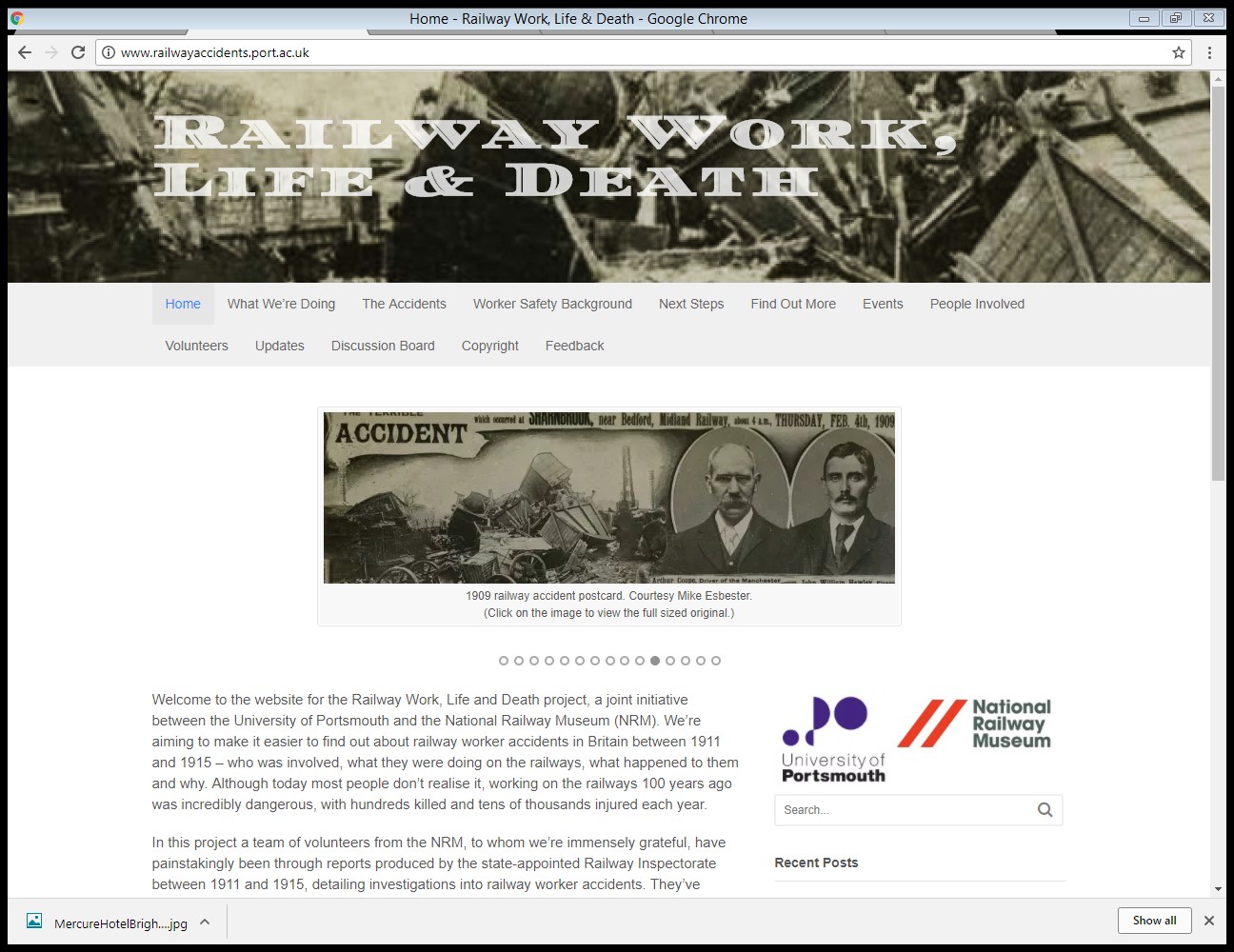Upcoming conference: ERC Conference on Broadcasting Health and Disease: Bodies, markets and television
Posted onDetails of a conference Wellcome Collection are hosting on behalf of the European Research Council project ‘BodyCapital’ on 19-21 February 2018, 6th floor 215 Euston Road, London, NW1 2BE, United Kingdom.
In the television age, health and the body have been transmitted in many ways; from short health education films, school television, professional training, TV ads, documentary and reality TV shows and news, as well as stand-alone videos distributed to specific audiences. The study of bodies and health created for television together with the history of the various TV formats has not been extensively researched, whether live broadcasting of ground-breaking surgical operations or accounts of medical scandals 1950s-1960s, keep-fit tele-magazine items or militant AIDS documentaries. Our view is that this audio-visual material was not conceived as a mirror of what is observed, but should be regarded as an example of the distinct, interactive, performative power of mass media societies.
This three-day conference aims to investigate how television programmes in their multiplicity approached issues like medical progress and its limits, healthy behaviour or new forms of exercise by adapting them to TV formats and programming. The conference seeks to analyse how television and its evolving formats expressed and staged bodies, health and fitness from local, regional, national and international perspectives: spectators were invited not only to be TV consuming audiences, but also how TV shows integrated and sometimes lured the viewer into considering themselves a participant of the show: TV programmes spread the conviction that subjects had the ability to shape their own body.
The conference seeks to better understand the role that TV, as a modern visual mass media, has played in the transition from national public health paradigms at the beginning of the twentieth century to societal forms of the late twentieth century when better and healthier lives are being shaped by market forces.
The conference is free but registration is essential. Please contact: tkoenig@unistra.fr in advance.
